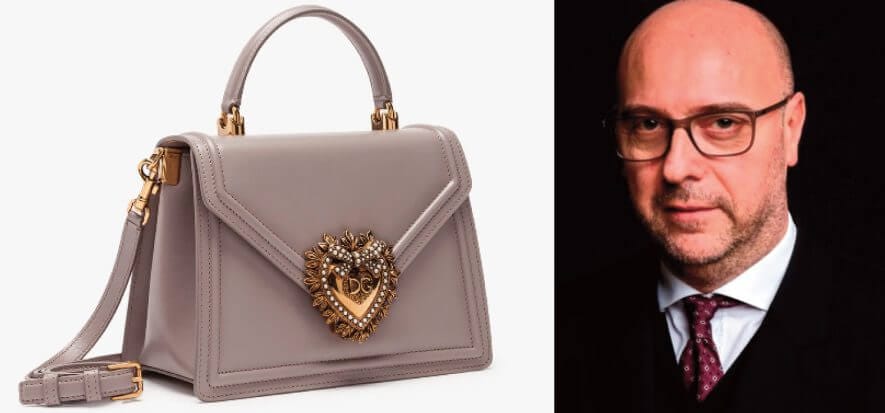Fashion multinationals are complex industrial groups. But when they talk about sustainability, they tend to focus on a few buttons, always the same: plastic, above all. This is why we are pleased that Alfonso Dolce, Domenico’s brother, and CEO of D&G, when announcing the plans for the next Sustainability Report talks about people, above all. “It is important that everyone believes in the work to be done, that there is the involvement of the entire company population,” he explains to MFF. “We want to involve and train 100% of the management and employees”. Including suppliers: “Our supply chain is made up of over 200 companies in the fashion industry alone,” he continues. “With the new sustainability plan, it is we who must also take responsibility for our partners, in a communion of intent. Our plan is not individualistic, but is tied in with the Italian system”.
The D&G Sustainability Report
So, the Milanese group (1.26 billion euros turnover) is preparing its sustainability report for 2024. The plan is articulated on several fronts, as it should be. It ranges from energy supply (100% from renewable sources, thanks to membership to the Re.crea consortium), to the 50% reduction of virgin plastic in disposable packaging, and the use of more than 25% of key raw materials with less impact on the environment. But Alfonso Dolce strikes us because, unlike what many competitors do, he largely talks about people, reaffirming the importance of social responsibility: “Respect for workers and passion for Italian craftsmanship and beauty have always been part of our DNA,” are his words. “It is a path that started internally about 18 months ago, and that now takes on a structure with the partners that will accompany us”.
The projects
D&G, MFF recalls, is committed to training its 5,000 employees, 2,200 of whom abroad, involving Ca’ Foscari University and Milan Polytechnic. “It is a project that recognises the weight of sustainability in its entirety, not only in the process of product evolution, but also in the collaborative relationship with suppliers, craftsmen, innovators and other partners in an inclusive approach that wants to touch everything that revolves around us,” he concludes. “The idea is to strengthen what is already innate. It will be a matter of homologating models and processes, purchasing low-impact, and therefore more expensive, materials. A burden that we do not want to shift onto the consumer. This is also why we must support the supply chain”.
Photo (from the archive) Alfonso Dolce
Read also:










